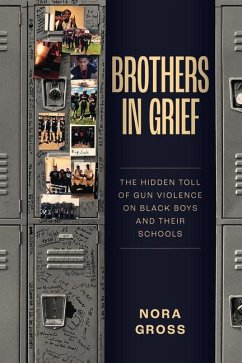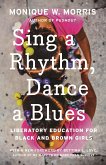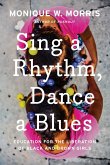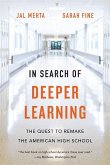"Our teenage years are a uniquely vulnerable and formative time as we lay the foundations for the people we will become. Our relationships with our peers, our families, and our mentors all shape these critical years, but one institution looms large, shaping our days and guiding our futures: school. This achingly sensitive book from sociologist Nora Gross examines what happens in a group of young men's lives after three of their peers die by gun violence. Looking to their interactions at and beyond school, as well as their vibrant lives online, Gross shows what happens when a school with the mission of supporting young Black men into college confronts the realities of their living amid gun violence. Initially, the school administration and teachers responded both through personal outreach (cookies, hugs, and memorials) and institutional resources (more lenient policies and two therapists from an anti-violence organization). This, Gross tells us, is the "easy hard." When pain is fresh, so is empathy. But as the immediate shock began to fade, teachers and administrators were faced with mandated testing on the horizon and the school's charter on the line, pushing a return to normalcy. Collective mourning was no longer a school-sponsored activity, and the initial sense of community gave way to factions: those teachers who made space for grief, and those who pushed for a return to normal. These are the days Gross calls the "hard hard." As the school year wore on, routines of daily life did resume, inaugurating a period Gross calls the "hidden hard," when students' unresolved grief is pushed into private spaces by the expectation of normalcy and the mythology around the boys' resilience. Most students continued to grieve silently and on their phones, with social media as their primary space for self-expression. These students were checking out through substance use, unable to plan for the future, and seeking solidarity through posts expressing their grief and checking in on each other-all reactions that their teachers and administrators failed to register. From these moments of pain and comfort, Gross highlights meaningful ways we can support young people as they navigate loss"--
Hinweis: Dieser Artikel kann nur an eine deutsche Lieferadresse ausgeliefert werden.
Hinweis: Dieser Artikel kann nur an eine deutsche Lieferadresse ausgeliefert werden.








